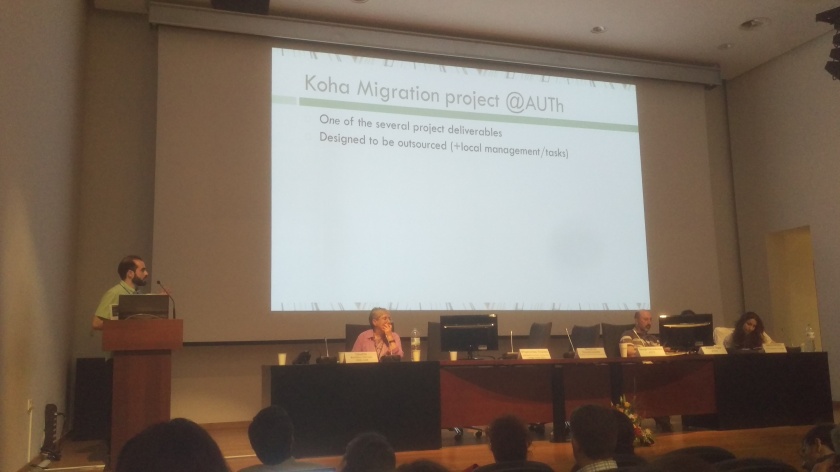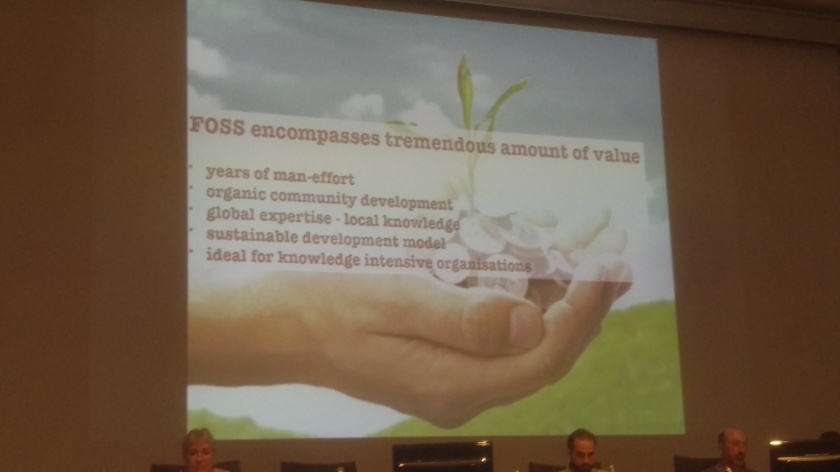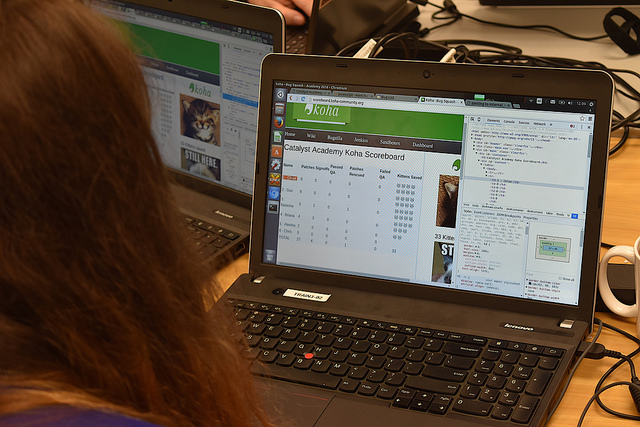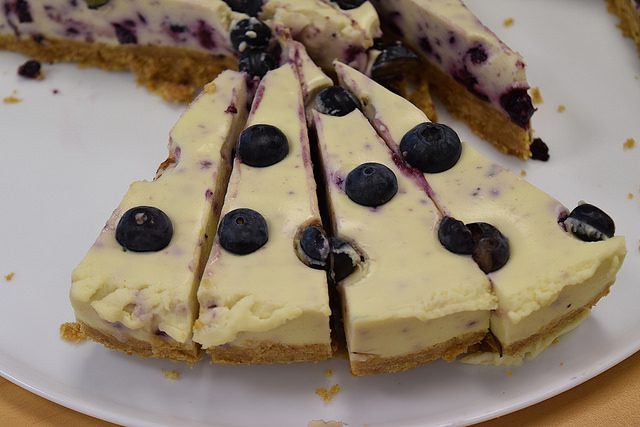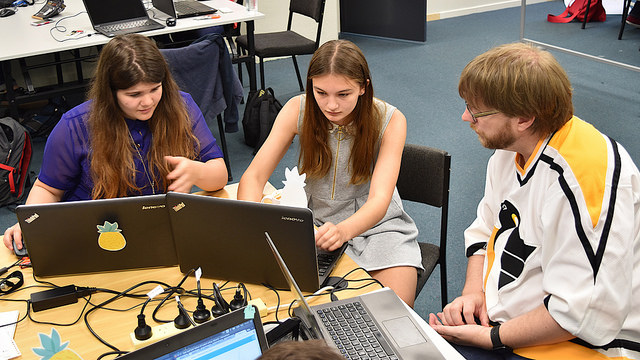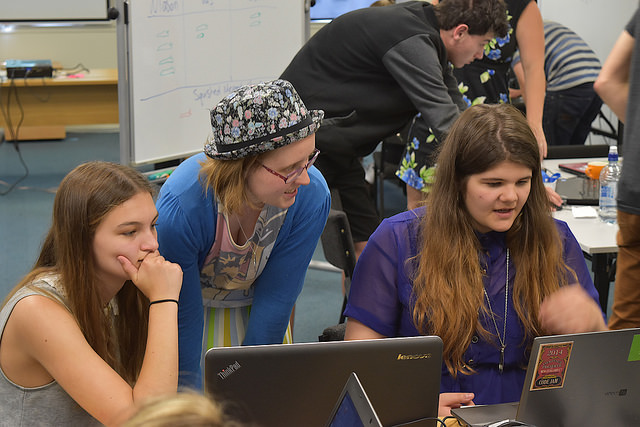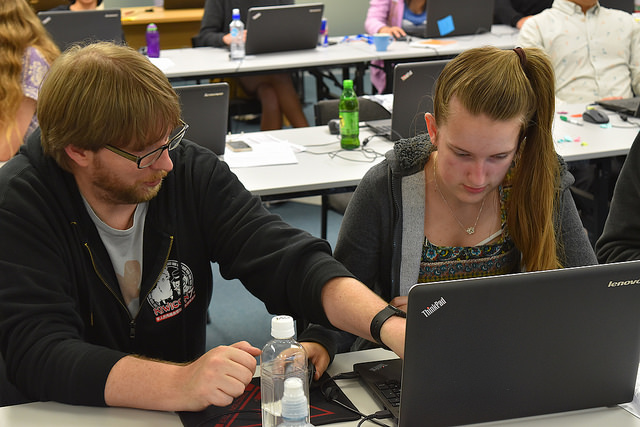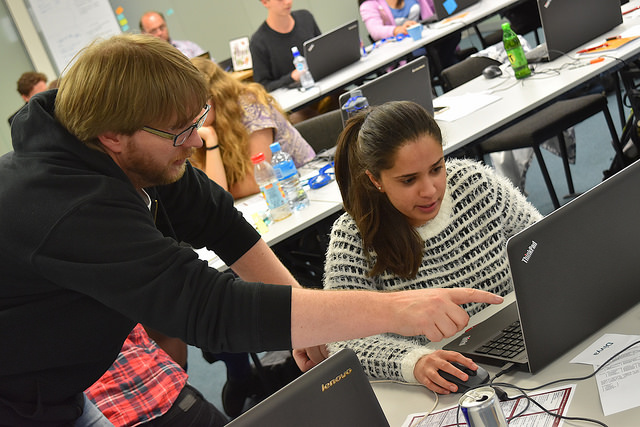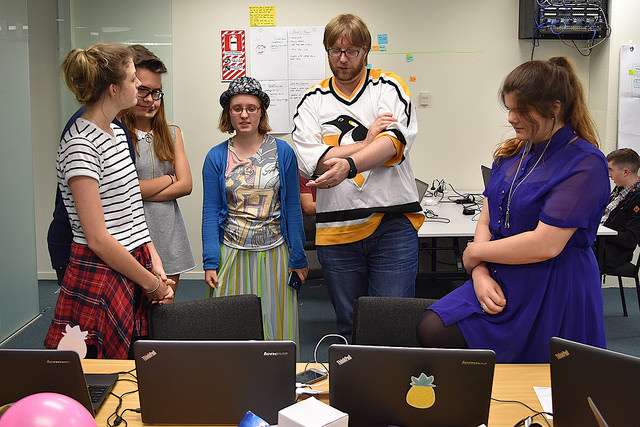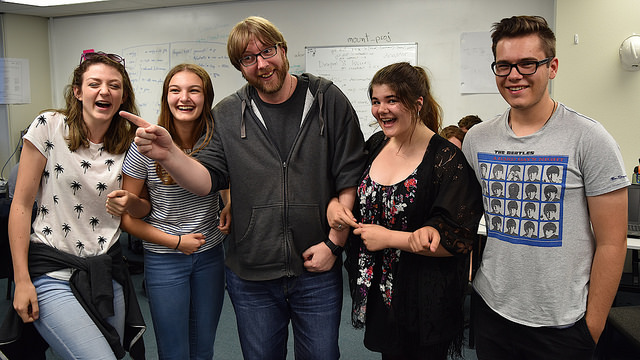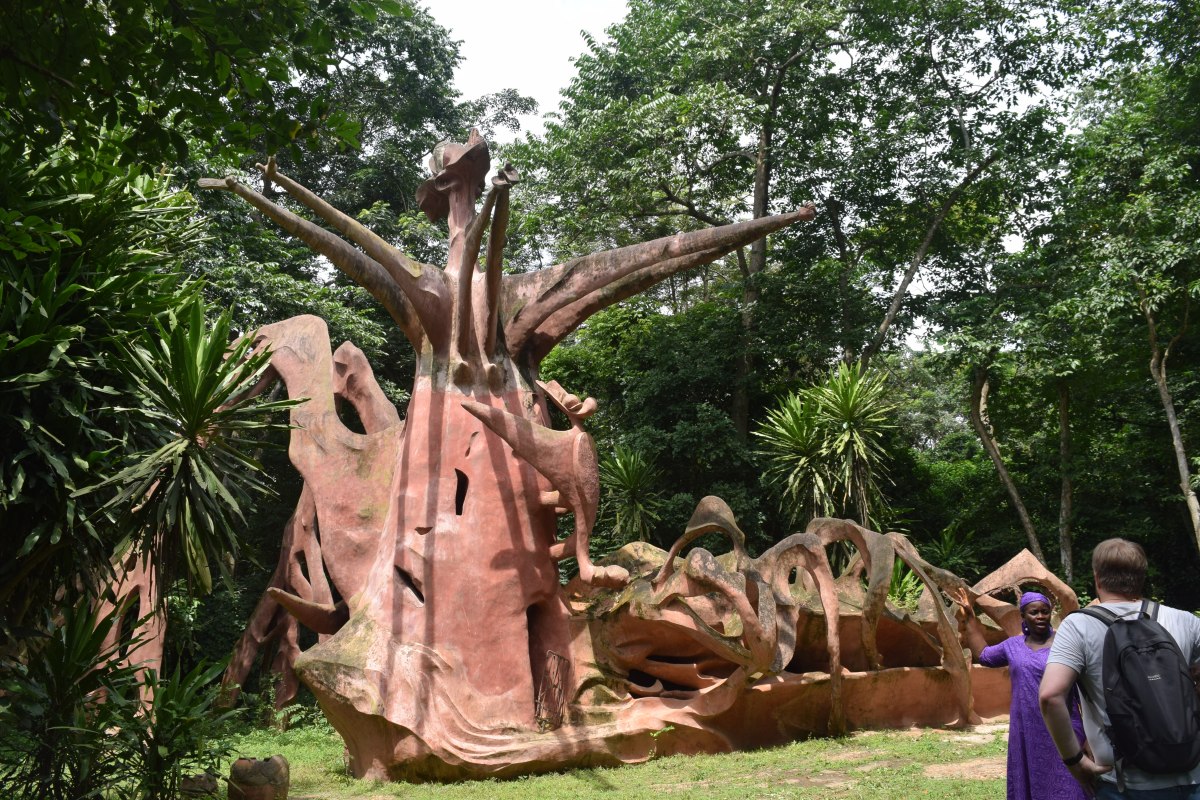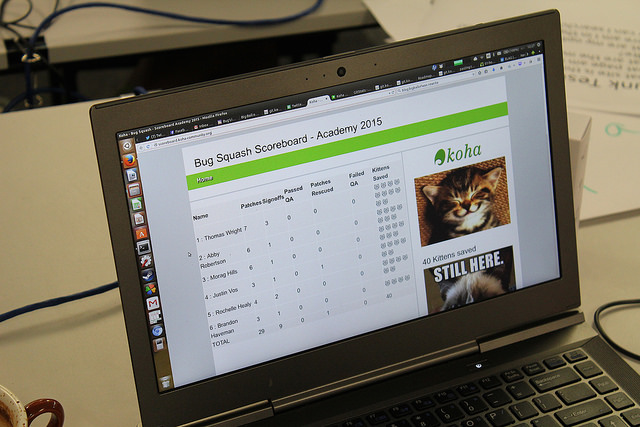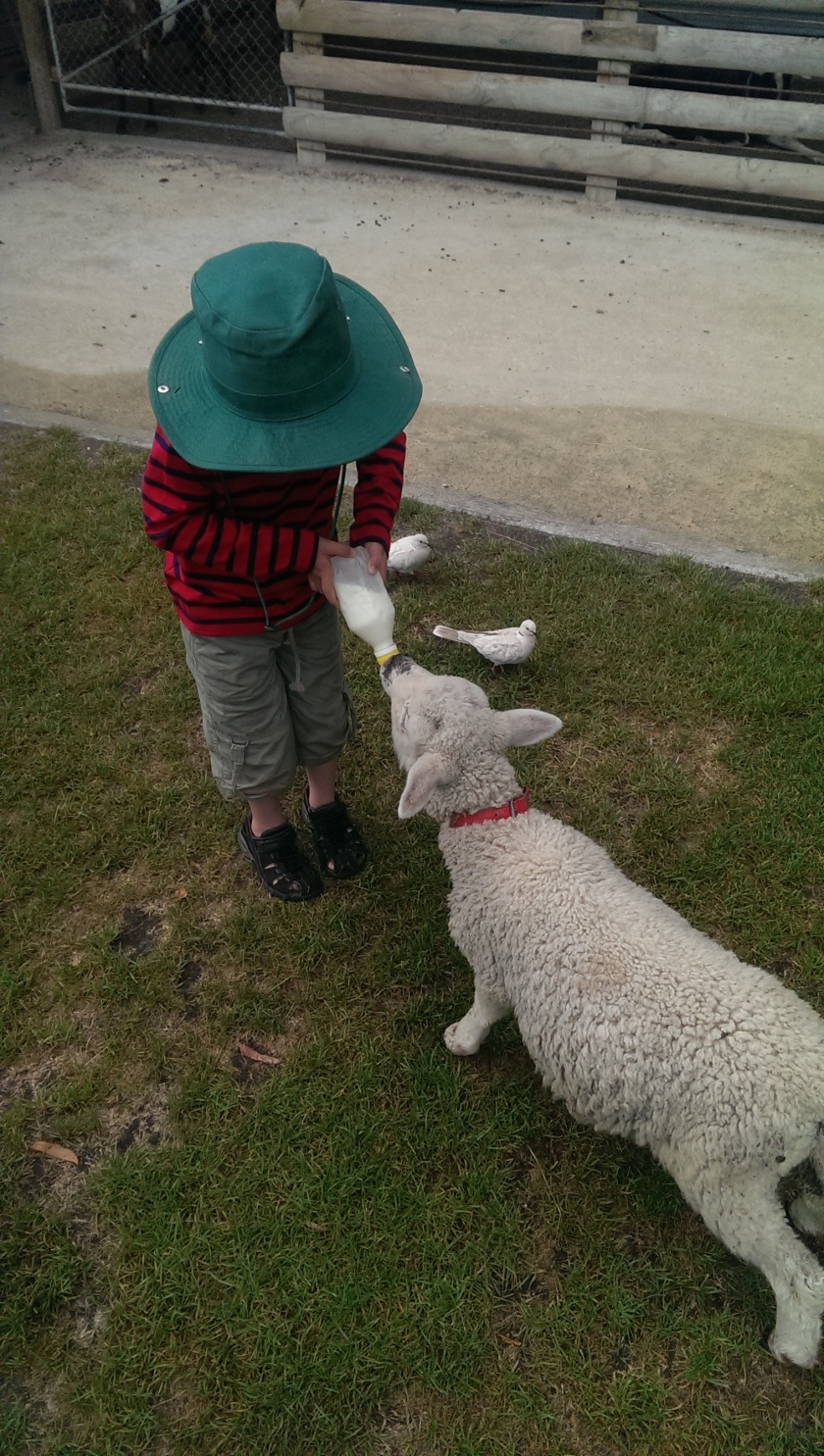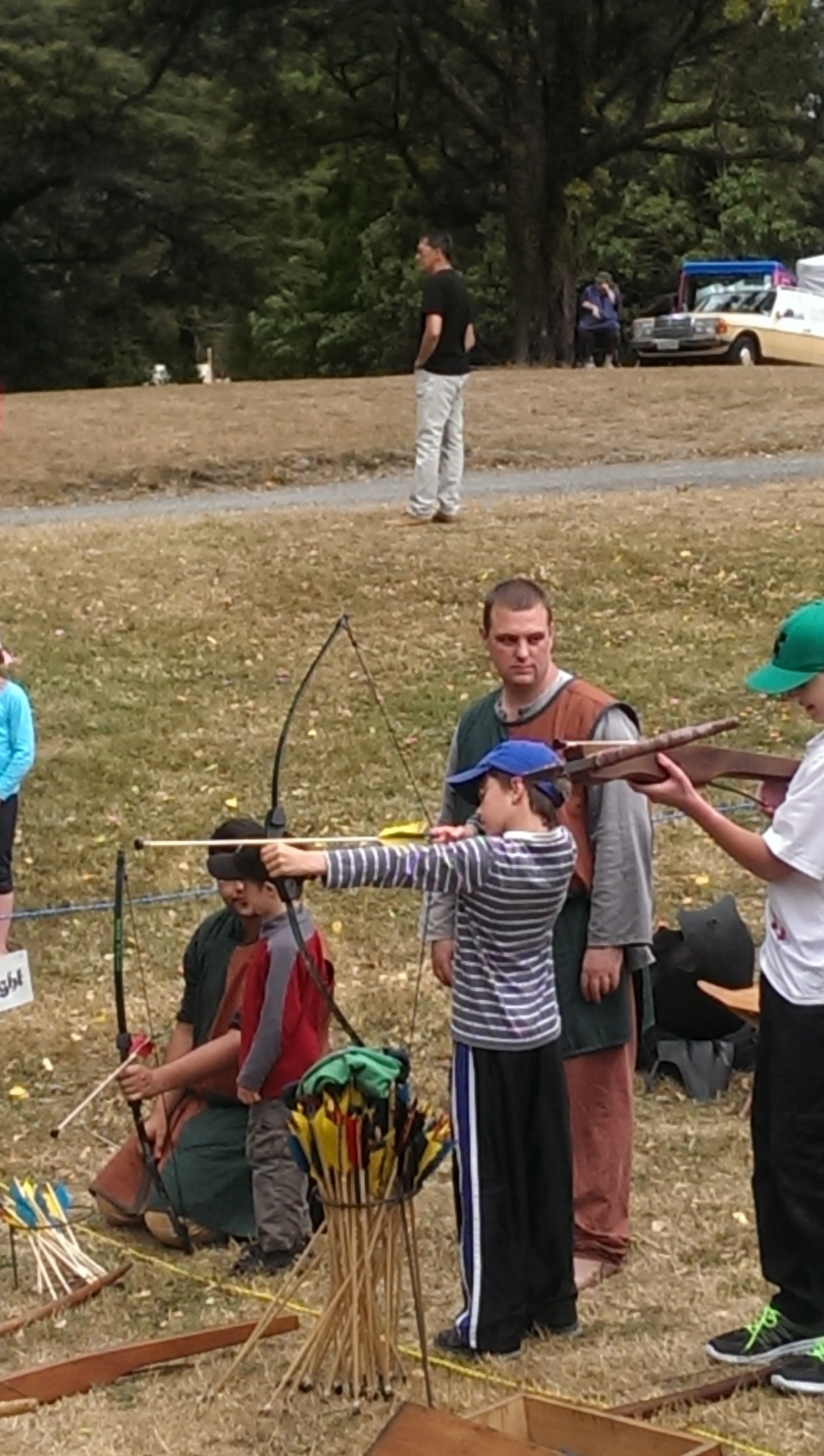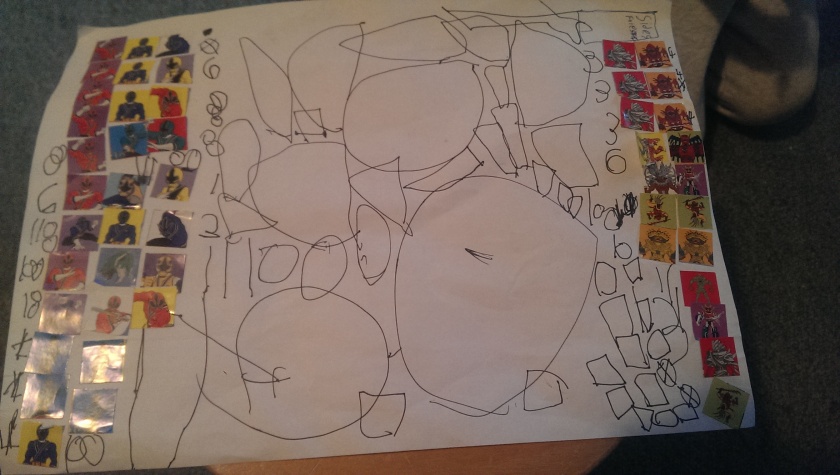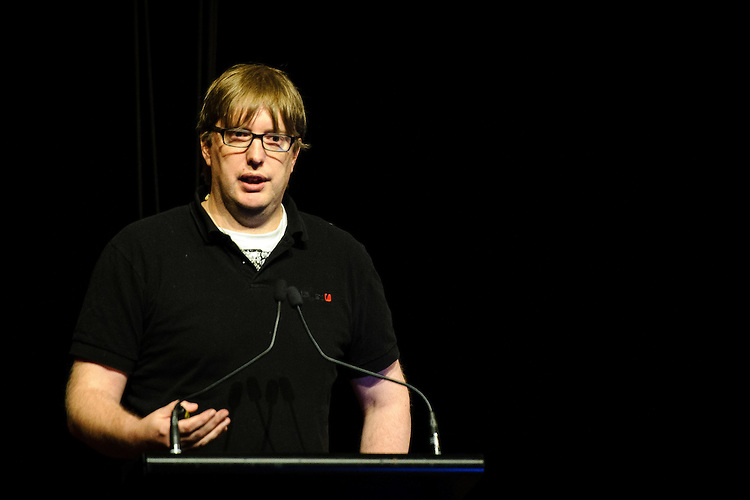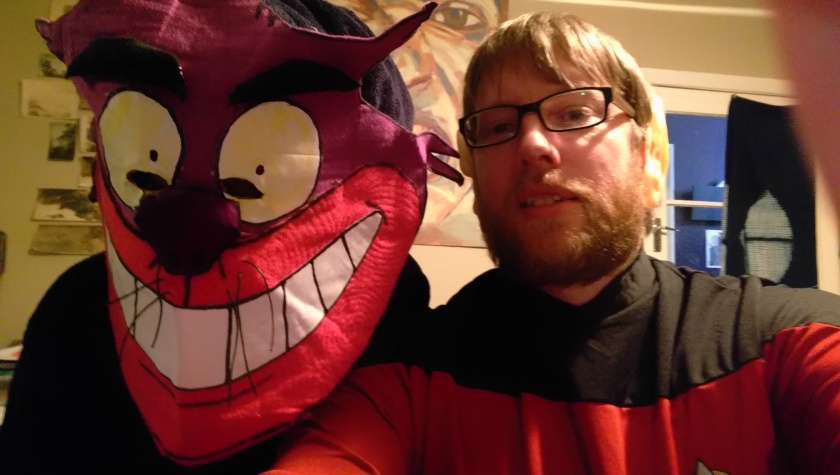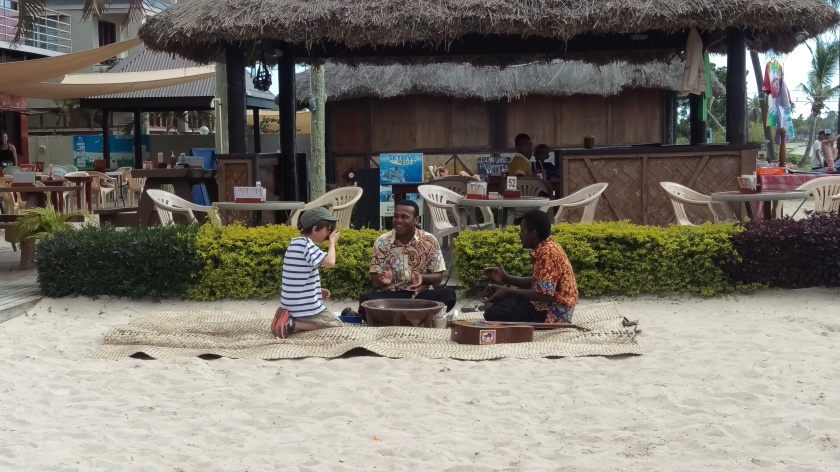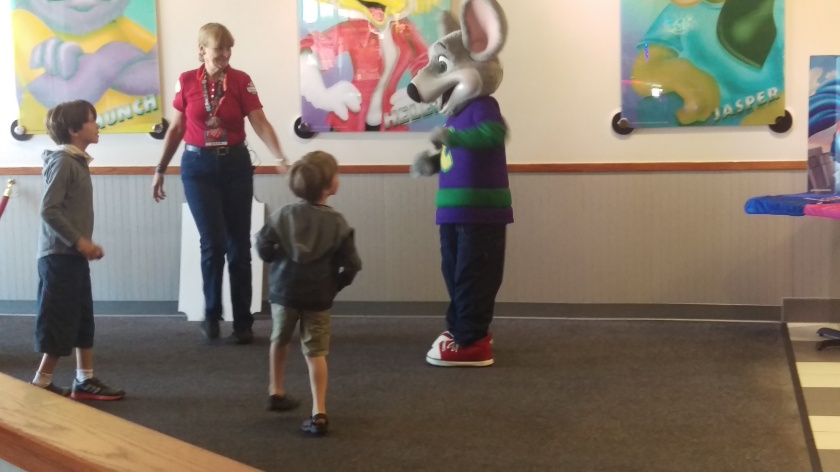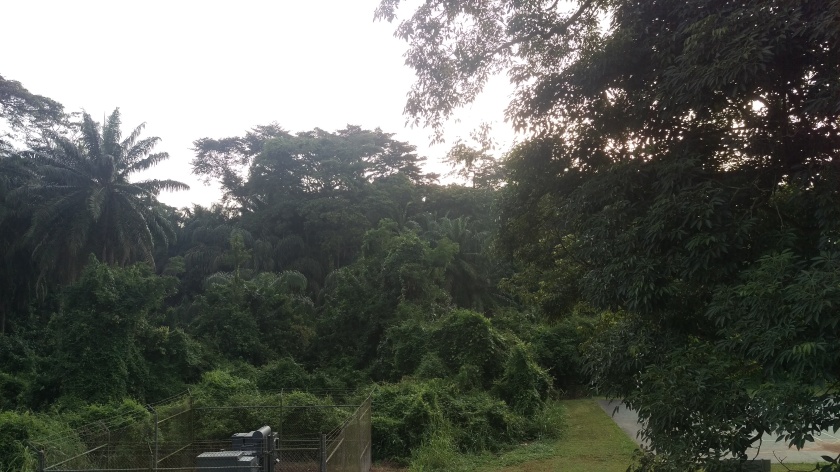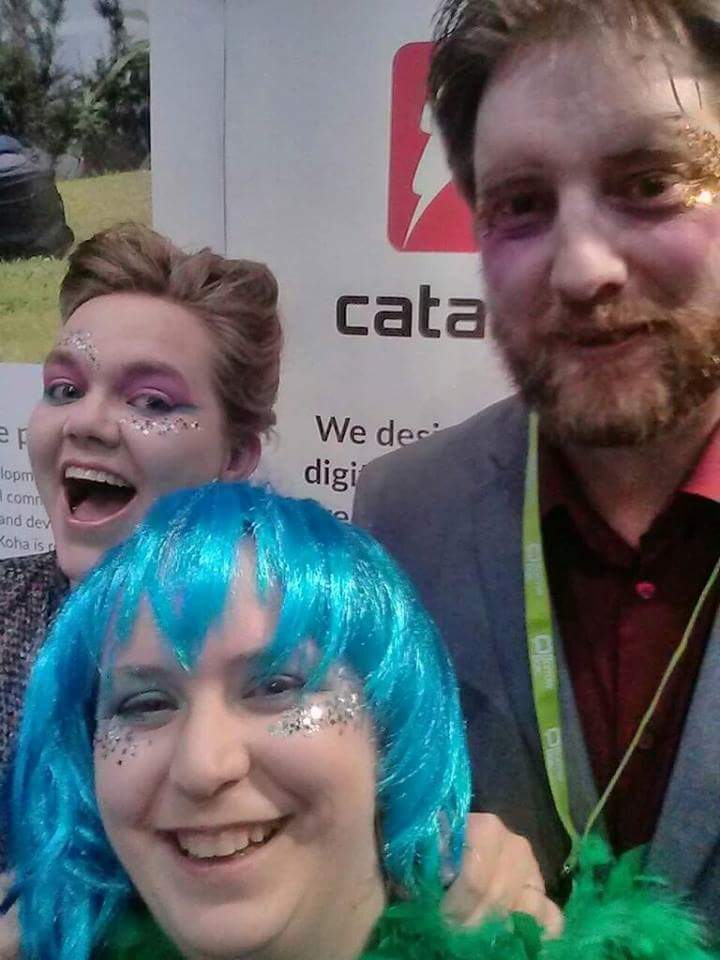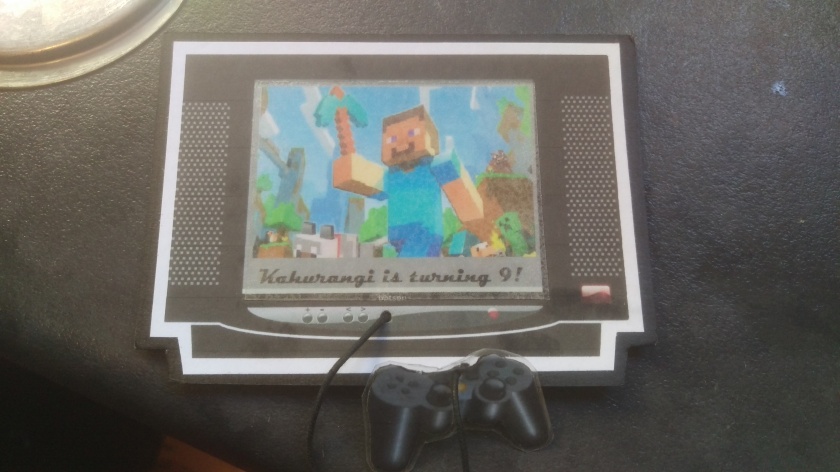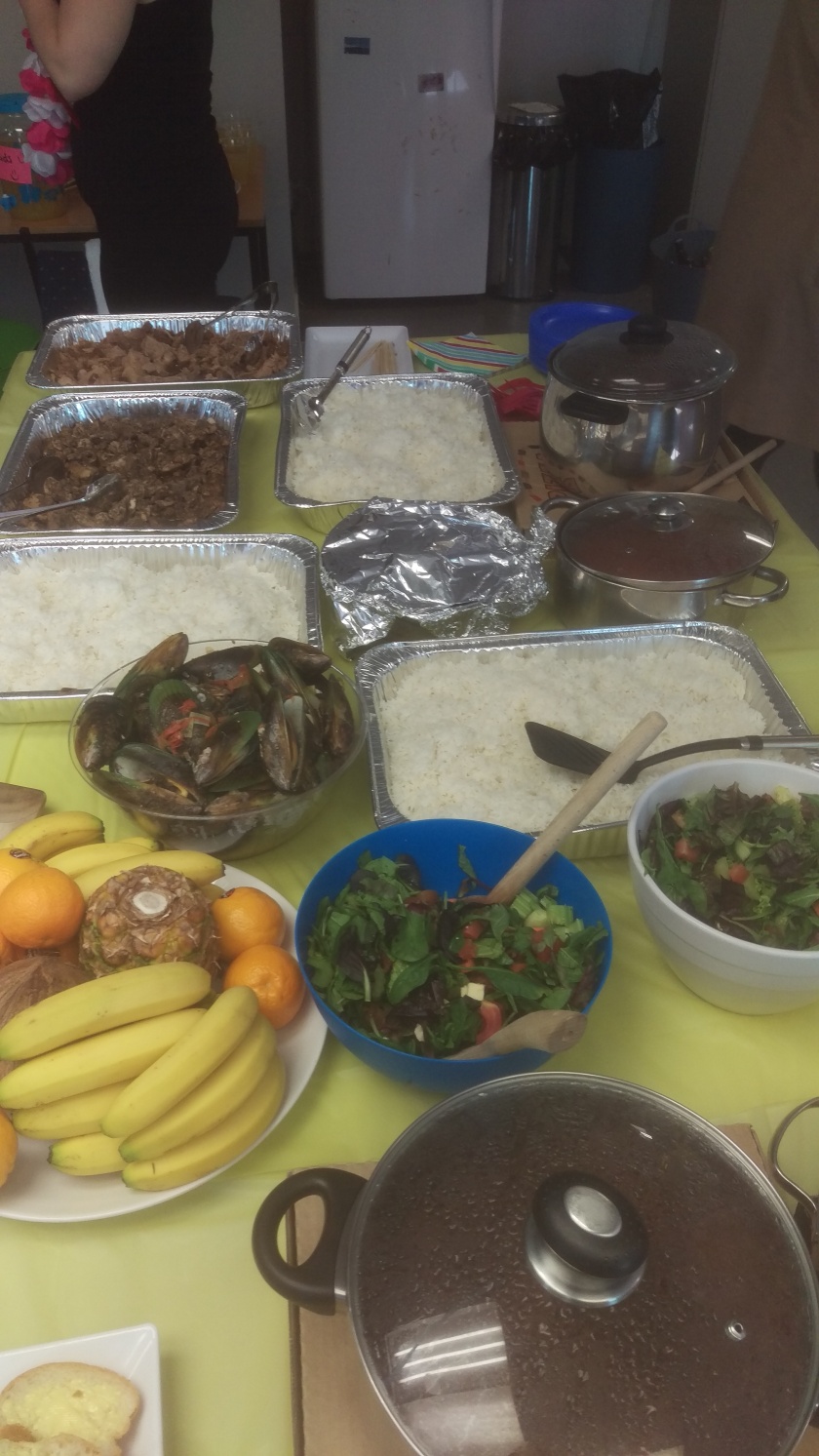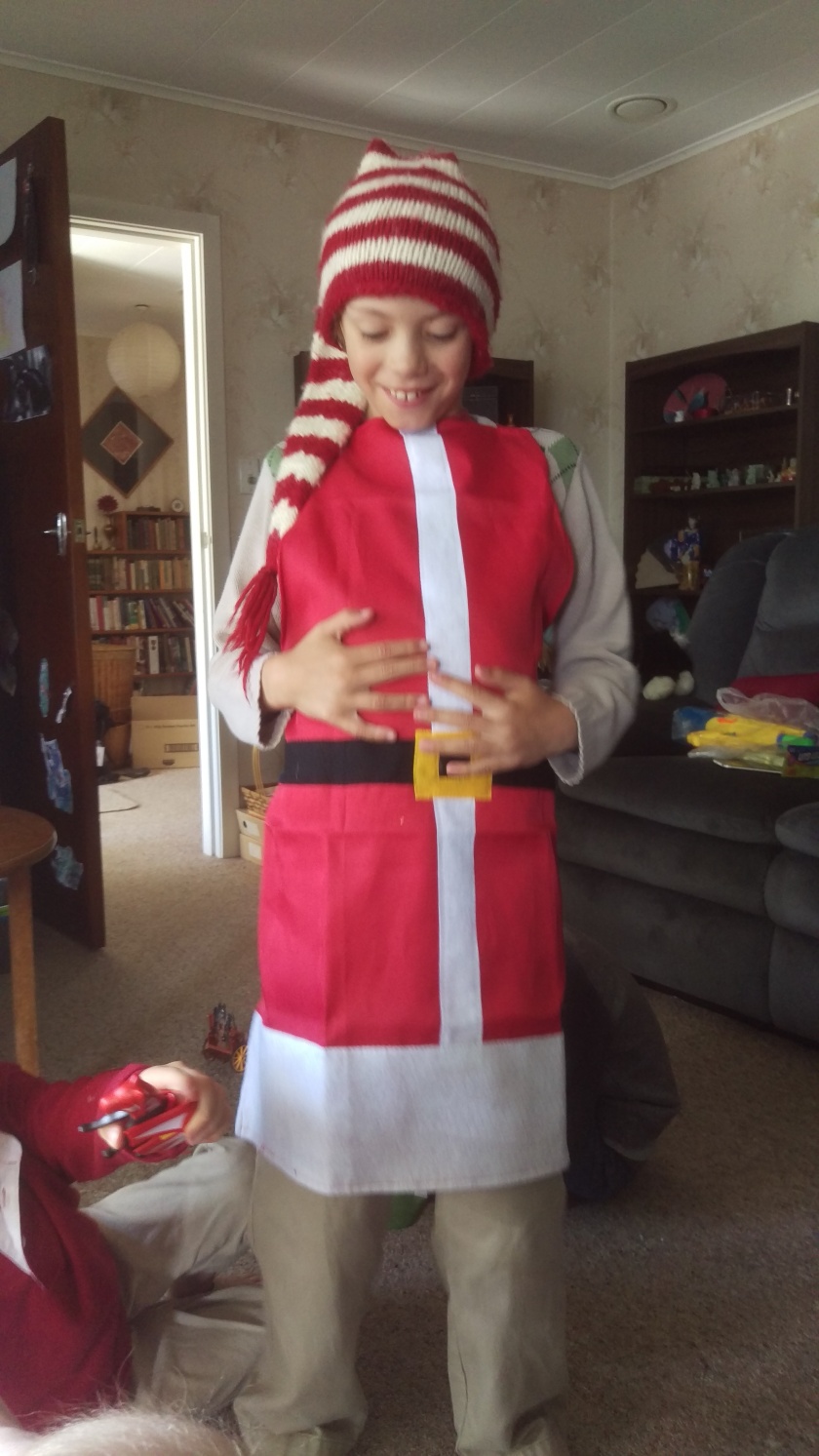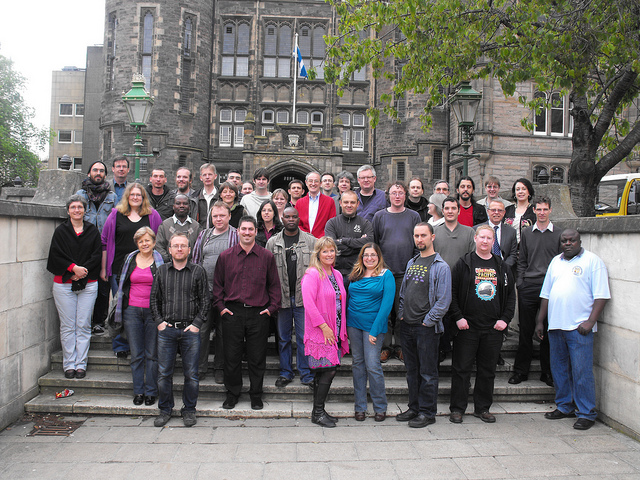Theodoros Theodoropoulos gave us a quick run down on first on the history of the University
University
- Founded in 1925
- 11 faculties / 41 schools
- 334km
- 60K+ students
- 2k+ staff
- 4019 employees
Library
- Founded in 1927
- Largest academic library, and 2nd largest library in greece
- 50 branches
- 1.3 phyiscal itmes in 90 collections
- 300k ebooks
- 28k active users
- 120 employess
- 200k transactions per year
The library has moved everyting to FOSS, the last 2 to move were Blackboard -> Moodle and Horizon to Koha.
He then gave us a history of the ILS at AUTh
- 1927-90 – card catalogues mostly
- 1990 – PTOLEMAEUS I
- 1994 – PTOLEMAEUS II
- 2000-2015 – Horizon (lots of problems in the first few years, 2004 they finally got to a stable version and stuck with it since then)
Why they had to change
- Horizon product line is killed by SirsiDynix
- EOL, no updates and no support
- Java requirements meant horrible security situation
- Client was made for XP, and crashes in windows 7
Closed or Open Source
- Planning since 2009
- Greek library consortium not specifically
- seeking an open source ILS – most likely will end up proprietary. Would be client-server, would cost up to 150k Euro a year and they were worried about support. In 2014 Sierra won the tender
- AUTh Univeristy had a strong tendency with F/OSS
Ok, But which Open Source ILS
- About a dozen candidates
- Only a few fully featured
- Most have simplistic interfaces
- Evergreen and Koha shortlisted
Koha
- Supports marc21
- excellent compatibility with test export files
- supported all main modules
- Greek/Unicode support
- Worldwide
- Web based
- Source code, docs, wiki open
- LTS and regular releases
- Plugins etc
Tenders in Dec 2013, go live Sepetmber 2015
Challenges they faced
Mostly to do with data coming out of Horizon in hard to use formats. Biblibre wrote scripts to tidy the data before loading it into Koha. The hardest was Borrowers/Patron. More than 50% of the borrowers didn’t have an email address. Performance was an issue, the catalogue search was the worst issue.
Conclusions
Everyworked pretty much, no major or blocking issues. Some issues were reported and most are fixed. Still some pending issues, mostly optimisations and enhancments. But they are happy with their choice.

